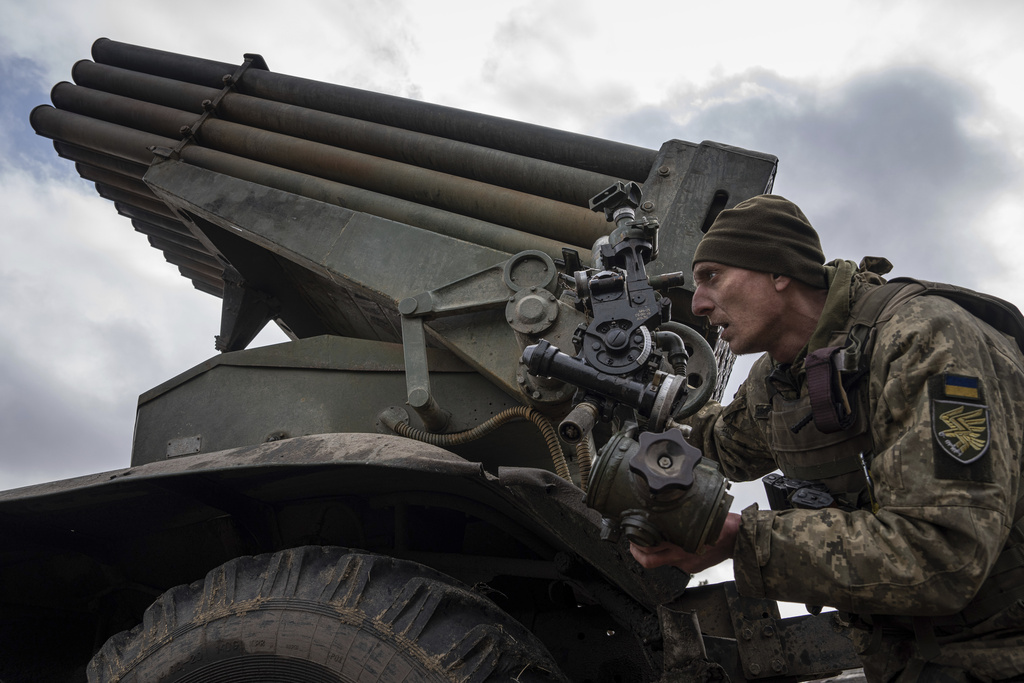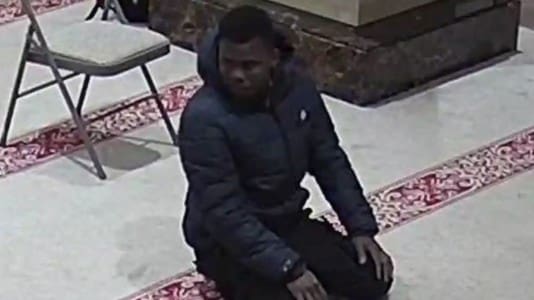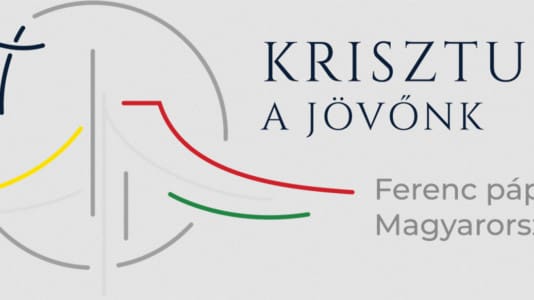The leaders of the European Union member states agreed on Thursday to send one million rounds of artillery over the next 12 months to Ukraine, which will cost taxpayers €2 billion. The agreement also includes standard rifle ammunition and missile shipments to Ukraine as well.
“Taking into account the security and defense interests of all member states, the European Council welcomes the agreement to deliver ground-to-ground and artillery ammunition to Ukraine and, if requested, missiles,” a joint statement issued after the meeting said.
On Monday this week, the EU’s defense and foreign ministers endorsed the artillery rounds shipment to Ukraine, but now that the EU member states have agreed to it, the plan is set to go through.
In a final declaration adopted on the first working day of the two-day EU summit, following a debate on the war in Ukraine, EU heads of state and government said the EU and its member states will step up their efforts to meet Ukraine’s pressing military and defense needs.
“The European Union stands firmly and fully behind Ukraine and will continue to provide strong political, economic, military, financial and humanitarian support to the country for as long as it is needed,” read the statement from the participants of the EU summit.
They underlined that the EU remains committed to maintaining and increasing pressure on Russia, including through possible further restrictive measures, and will continue working with partners to develop an oil price cap. The European Council underlined the importance of stepping up efforts to ensure the effective implementation of sanctions at the European and national level. It also confirmed its commitment to prevent and combat possible circumvention of sanctions by non-EU countries.
Member state leaders reaffirmed their support for Ukrainian President Volodymyr Zelensky’s peace formula and continued to work with Ukraine on a 10-point peace plan.
They expressed their commitment to ensuring full accountability for war crimes and all other crimes committed in the context of Russia’s war against Ukraine. In this context, they welcomed the agreement on the Hague-based International Center for the Prosecution of Crimes of International Aggression (ICPA), established in early March, and underlined their support for the relevant investigations by the prosecutor of the International Criminal Court (ICC).
The statement also claimed that Russia should immediately ensure the safe return of Ukrainians, in particular children, who have been forcibly transferred or deported to Russia. In this context, the European Council takes note of the arrest warrants issued by the ICC against the Russian president and the Russian commissioner for children’s rights.
The Russian government has denied the children were “kidnapped,” saying they were instead rescued from areas of Ukraine that saw fighting and that if any Ukrainian parent comes forward, they will give the child back.





